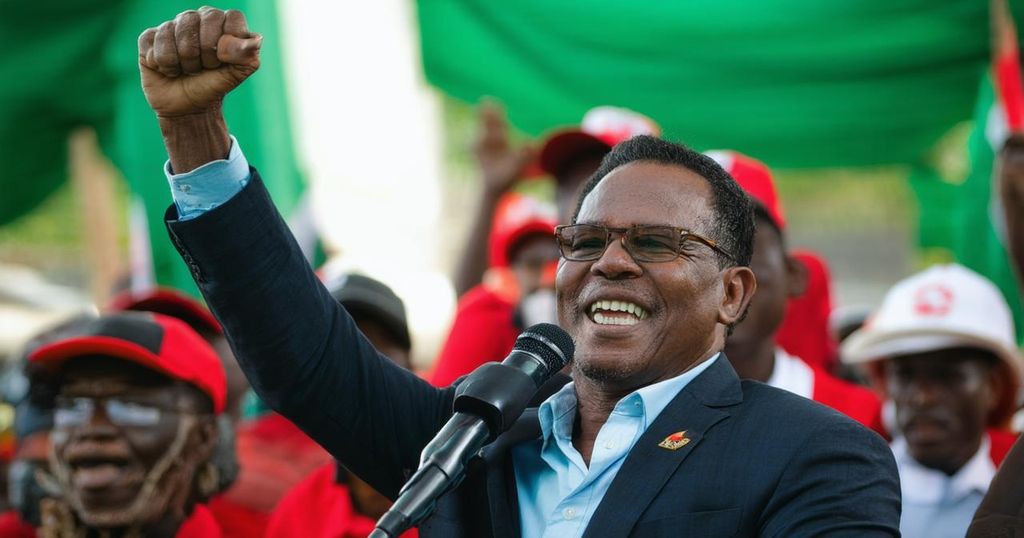Mozambique Election: Frelimo’s Daniel Chapo Clinches Presidential Victory Amid Controversy

Mozambique’s ruling party, Frelimo, won the presidential election with Daniel Chapo succeeding Filipe Nyusi. Chapo secured 71% of the vote but the election has been overshadowed by allegations of rigging and violence against opposition supporters. Tensions remain high as protests erupt in response to the purported electoral manipulation.
In the recently held elections in Mozambique, the ruling party, Frelimo, has emerged victorious, thereby prolonging its 49-year domination of the nation’s political landscape, as confirmed by the election commission. Daniel Chapo, a relatively obscure candidate viewed as a potential source of change, will succeed Filipe Nyusi, who has completed two terms in office. At the age of 47, Chapo, who secured 71% of the votes, will make history as the first president born after Mozambique gained independence in 1975. His nearest rival, Venancio Mondlane, garnered 20% of the vote. This election has not been without significant controversy, as it has been tainted by allegations of electoral tampering and the reported assassination of opposition supporters. Such violence has triggered protests throughout the country. Notably, President Emmerson Mnangagwa of Zimbabwe, himself a figure embroiled in election fraud allegations, extended premature congratulations to Chapo for what he termed a “resounding victory” prior to the official declaration of results. In the capital, Maputo, tensions persist, with certain areas appearing deserted and businesses shuttered. Mondlane, the primary opposition candidate, has called for a national strike in response to the alleged electoral irregularities. He has asserted that his campaign would honor two individuals associated with his party who were fatally shot last week in incidents he characterizes as politically motivated. Mondlane maintains that he legitimately won the election despite initial polls indicating Chapo’s substantial lead. Further complicating the situation, Mondlane orchestrated widespread protests that were subsequently quelled by law enforcement utilizing live ammunition and tear gas. EU election observers have also criticized the electoral process, reporting potential manipulation of results, indicating “irregularities during counting and unjustified alteration of election results.”
The political landscape in Mozambique has been dominated by Frelimo since the country’s independence in 1975. Over the decades, this party has resisted pressures for change even as opposition movements have emerged. The recent elections have been particularly contentious, rife with accusations of fraud and violence directed at opposition members. This history of unrest has shaped the current electoral dynamics, where the rise of a new presidential candidate such as Daniel Chapo represents a pivotal moment in the nation’s politics. However, widespread reports of electoral malfeasance cast a shadow over the legitimacy of the results, leading to unrest and calls for reform by disenfranchised voters.
The recent election outcomes in Mozambique have reinforced Frelimo’s long-standing grip on power despite serious allegations of mismanagement and electoral fraud. Daniel Chapo’s victory, while historically significant, occurs in a context marked by violence against opposition figures and widespread public dissent. The future stability of Mozambique will depend significantly on how the government addresses these issues and the extent to which the opposition is able to challenge the status quo in a peaceful manner.
Original Source: www.bbc.com







